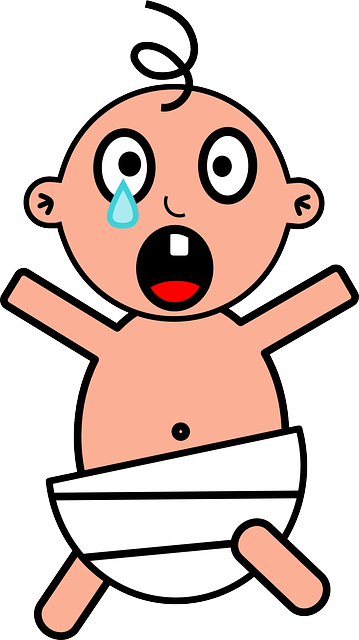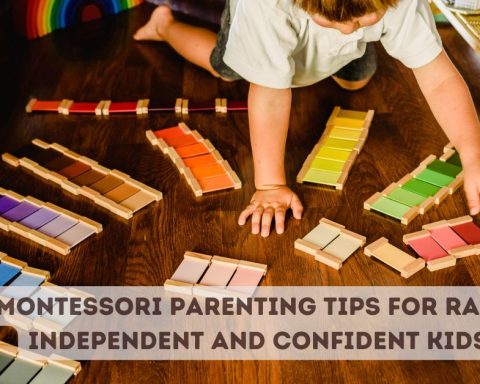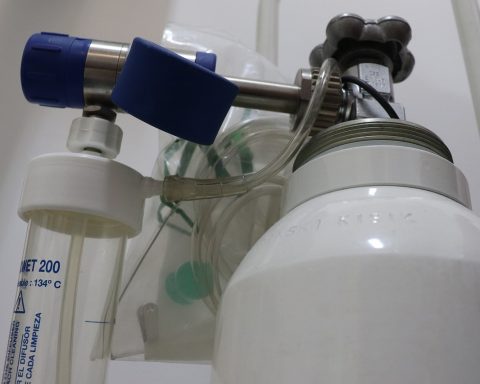Just like adults, children sometimes feel constipated too. According to research, “Constipation is typically characterized by lack of periodicity in defecating, bulky stools and difficulty or pain during defecation. Constipation is one of the ten most frequent problitalics that a general pediatrician deals with, accounting for 25% of referrals to pediatric gastroenterologists worldwide.”
In other words, children have infrequent bowel movements and pass hard stools. This condition is utterly painful for children. However, parenting from the inside out can help them cope with it.
Most of the time, constipation is a growth phase and not necessarily an ailment. It can be managed with a proper diet and good bathroom habits without having to resort to medicines.

Here are some things parents need to understand about constipation in childhood in order to treat it and perhaps prevent it from happening in the first place.
Rule Out Medical Issues, if Any
Certain medical conditions, such as hypothyroidism, Hirschsprung’s disease, diabetes, cerebral palsy, cystic fibrosis, and low mineral or electrolyte levels, can cause constipation in children. A specialist (i.e., a gastroenterologist or a pediatric surgeon) can help find a solution to the condition in the following ways:
- With early detection, Hirschsprung disease can be treated with a corrective surgical procedure.
- In cerebral palsy cases, constipation can be treated with dietary recommendations and medicines.
- Constipation due to thyroid issues is usually cured once the thyroid condition is treated.
- If the child is a diabetic, he or she is encouraged to incorporate more fiber and fluids in the diet.
Causes of Functional Constipation
Constipation that is not related to any illness is called functional constipation. As per research, “The most common type of constipation is functional accounting for 90-95% of all cases.” Reasons for functional constipation in children include:
- Children resist the urge to go to the bathroom because they are too busy playing, or they are distracted.
- Many toddlers find the process of potty training and passing stools strange and intimidating, and so they may end up withholding stools.
- When toddlers start preschool, they find it difficult to use the bathroom.
- A lack of dietary fiber in children’s diets or low fluid intake may also cause constipation.
- Certain illnesses and medications can also cause constipation.
How to Treat Constipation in Your Child: Parenting from the Inside Out
Functional constipation is easier to treat and requires proactive intervention and parenting from the inside out on the parents’ part. According to research, “The goals of treating constipation in childhood are to produce soft, painless stools and to prevent the re-accumulation of feces.”
These outcomes are achieved through a combination of education, behavioral modification, daily maintenance stool softeners and dietary modification. —Researchers from Aristotle University of Thessaloniki, Greece
Parenting from the inside out can help children overcome constipation. Here are some ways to treat and prevent functional constipation:
- Add fiber to the child’s diet in the form of fresh fibrous fruits like apples, bananas, grapes, guavas, etc.
- Encourage the child to drink plenty of fluids throughout the day.
- Give the child warm milk with some butter at night before bedtime.
- Add probiotic supplements to the child’s diet as a preventive measure.
- Children need to poop whenever they go to the bathroom. If a child goes to the bathroom alone, gently remind him or her to poop.
- Also, take the child to the bathroom at a set time (for instance, after a meal.)
- If the child is hesitant or shy about using the bathroom at school or at a strange place and is constipated as a result, counsel him or her gently.
- Try natural laxatives like psyllium and flaxseeds soaked in lots of water. However, don’t use these to excess because that may lead to gas, bloating, or loose bowel movements.
- Give the child prune juice or pear juice.
- In the case of chronic constipation, use liquid paraffin as a lubricant or stool softener.
Over-the-counter laxatives and constipation medications shouldn’t be the first course of treatment for children. If chronic constipation is a concern, consult a doctor, and follow any recommendations. Parenting from the inside out will help children lead healthy lives, and parents should help them.
References
- Xinias, I., and A. Mavroudi. “Constipation in Childhood. An Update on Evaluation and Management.” Hippokratia 19, no. 1 (2015): 11. Retrieved from https://www.ncbi.nlm.nih.gov
- Braun, Sheldon R., H. K. Walker, W. D. Hall, and J. W. Hurst. “Clinical Methods, The History, Physical, and Laboratory Examinations.” JAMA 264, no. 21 (1990): 2808–2809. Retrieved from https://jamanetwork.com








